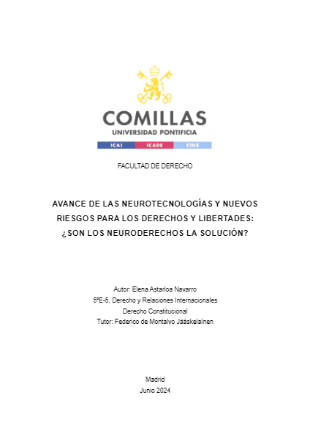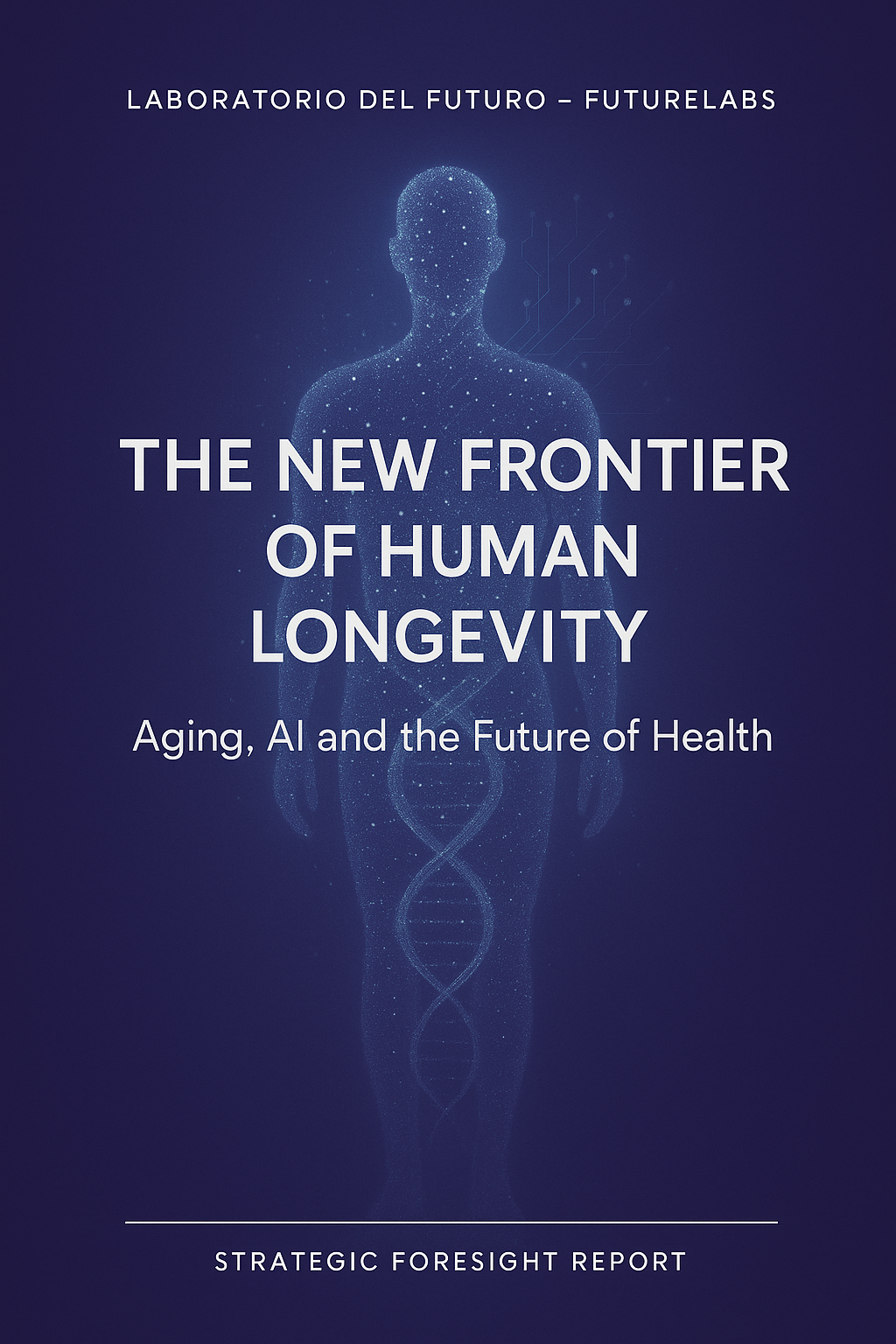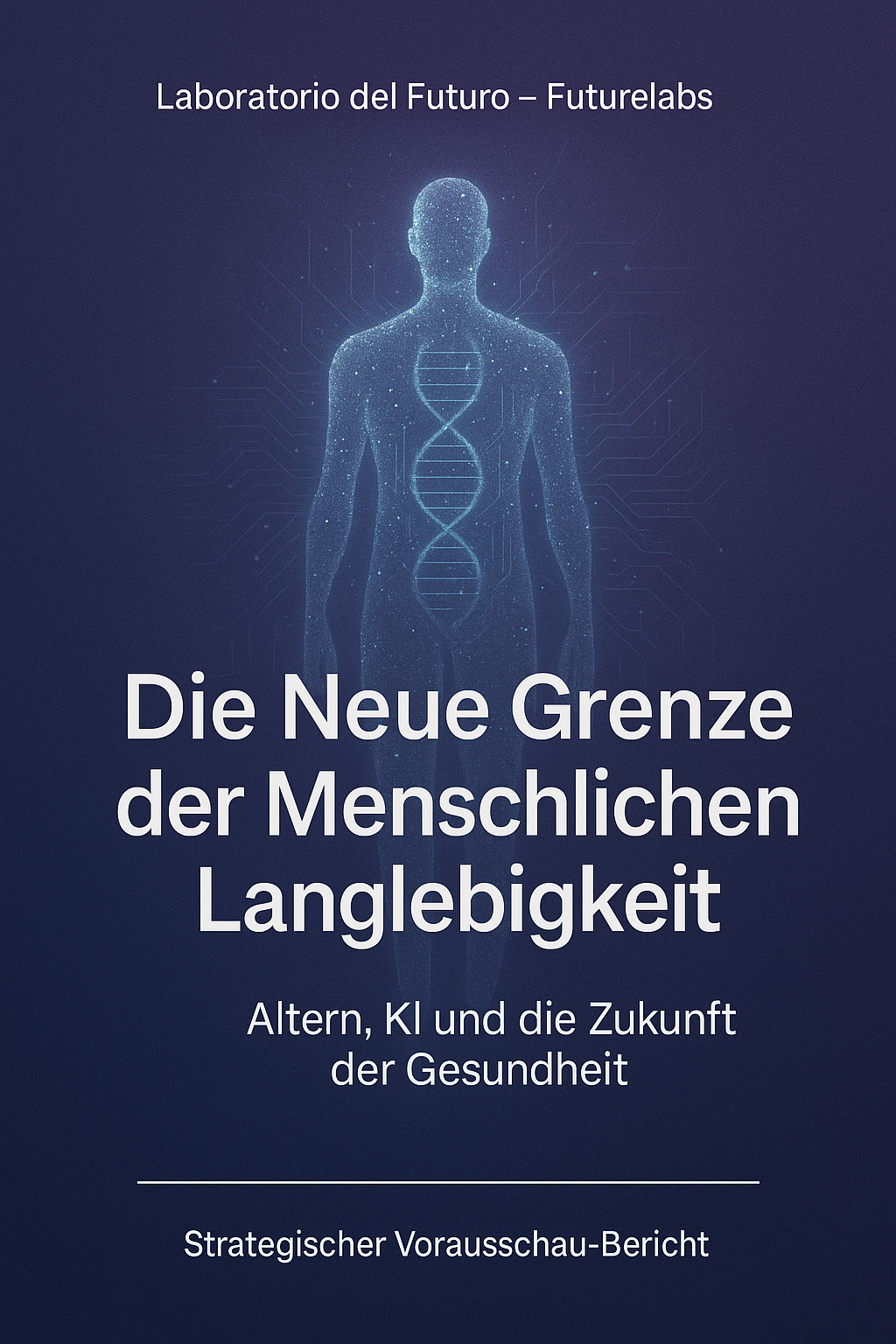The future of healthcare will be intensely driven by digital transformation. This is an indisputable fact and one of rapid and progressive advancement. The transformation will additionally be propelled by interoperable data and the growing use of open and secure platforms. This evolution in healthcare will focus on two major areas: maintaining well-being and responding to diseases, ultimately leading to a better quality of life and possibly an increasing extension of human longevity.
It is possible that, in the next twenty years, diseases such as diabetes and many forms of cancer will be defeated by scientific progress. Prevention and early diagnosis are becoming standard tools in the medical arsenal. Examinations and the application of sophisticated tools may lead to many diagnoses and treatments being carried out in domestic settings, decisively and profoundly transforming medical institutions as we know them today.
We know that, currently, most national healthcare structures—both public and private—are composed of a set of disconnected systems (health plans, mutual insurance companies, hospital systems, pharmaceutical companies, medical device manufacturers, mobile care and resuscitation units, etc.). By 2030/2040, it is expected that what is today called the patient will become the center of the healthcare model.
According to the latest study by the Deloitte Center for Health Solutions (2023): “Interoperable and always-active data will promote closer collaboration between key industry players and traditional operators, while new entrants (disruptors) will offer new combinations of services. It is likely that interventions and treatments will become more precise, less complex, less invasive, and more affordable.
Healthcare will be defined holistically as a general state of well-being that encompasses mental, social, emotional, physical, and spiritual health.
Thus, people will not only have access to detailed information about their own health, but they will also own their health data and play a central role in decision-making regarding their health and well-being.”



